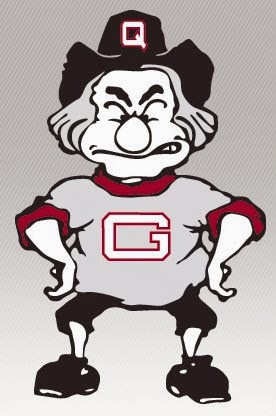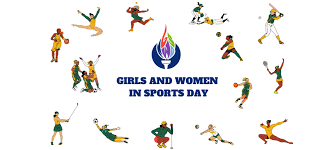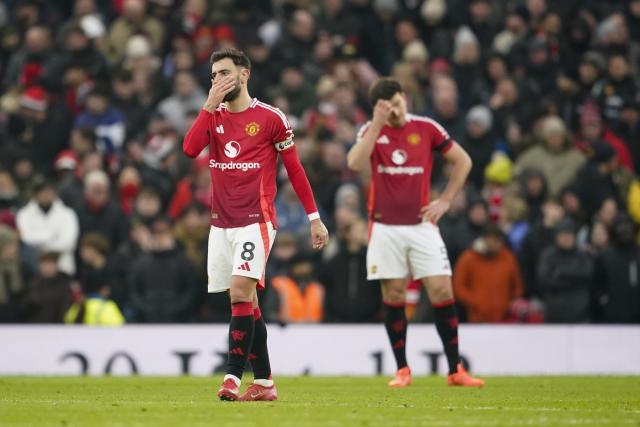The National Collegiate Athletic Association’s authority over the student-athlete has continued to erode during the summer with the federal court decision in O’Bannon v. NCAA.
The NCAA was challenged by former University of California, Los Angeles basketball player Ed O’Bannon over using his likeness in the successful “NCAA Basketball” videogame franchise that was a staple of Electronic Arts.
O’Bannon explained that he will not receive any compensation from the ruling and that financial compensation was never his personal motive.
“My motives aren’t (about) greed, my motives are (about) righting a wrong,” O’Bannon said in an interview with the Miami Herald.
Just three short years ago, a person could walk into the local GameStop to purchase a video game and see a myriad of NCAA licensed games.
Now there are none, as the NCAA has been challenged through the federal courts for its use of the likeness of college athletes without providing fair compensation.
“The NCAA games were the most popular games when I was growing up,” said EA Sports designer Jon Rein in an email interview. “A few years ago, as this case began, direction came from within Electronic Arts that we would be pulling the series even if the NCAA won the case.”
Judge Claudia Wilken’s decision, delivered on Aug. 8, 2014, is 99 pages of harsh words chastising the NCAA in its handling of the proprietary rights of the student-athletes.
According to the Miami Herald, the finding is impressive in its scope.
“The most impactful and powerful portion of the finding is the dicta, or wording of the finding,” said Miami-based sports lawyer Darren Heitner, according to the Miami Herald.
Of the myriad of lawsuits brought against the NCAA, it is a case about video games that has done the most damage to the NCAA financial power structure.
“Video games are played by younger people,” said UNCG sophomore Michael Shantz. “Those younger people are a key demographic towards creating change and challenging the worker versus employer dynamic.”
The loss of NCAA video games is impactful in a state where college basketball ratings are often higher than all sports except for NFL and NASCAR.
“I grew up playing the NCAA basketball series by EA Sports,” said UNC Asheville junior Danny Nunez. “I playing as UNC and looked forward to beating Duke vicariously through a video game.”
Yet video game fans and sports fans seem to be content with the absence of NCAA-based games.
“I loved those games,” said Nunez. “But if sacrificing my entertainment ensures that players are not getting robbed of money they should receive, I am happy to play NBA 2K14 instead.”
The NCAA will fight against this ruling, as they have with cases before, challenging the concept of amateurism for student-athletes.
“This is not the end of the NCAA,” said Shantz. “But, it may be the end of the NCAA as we know it.”






